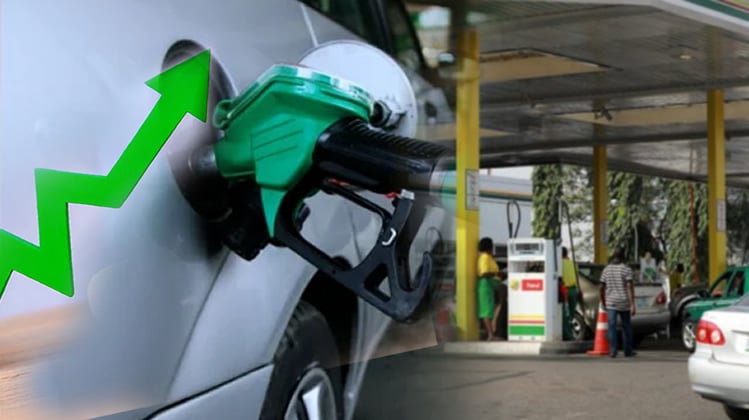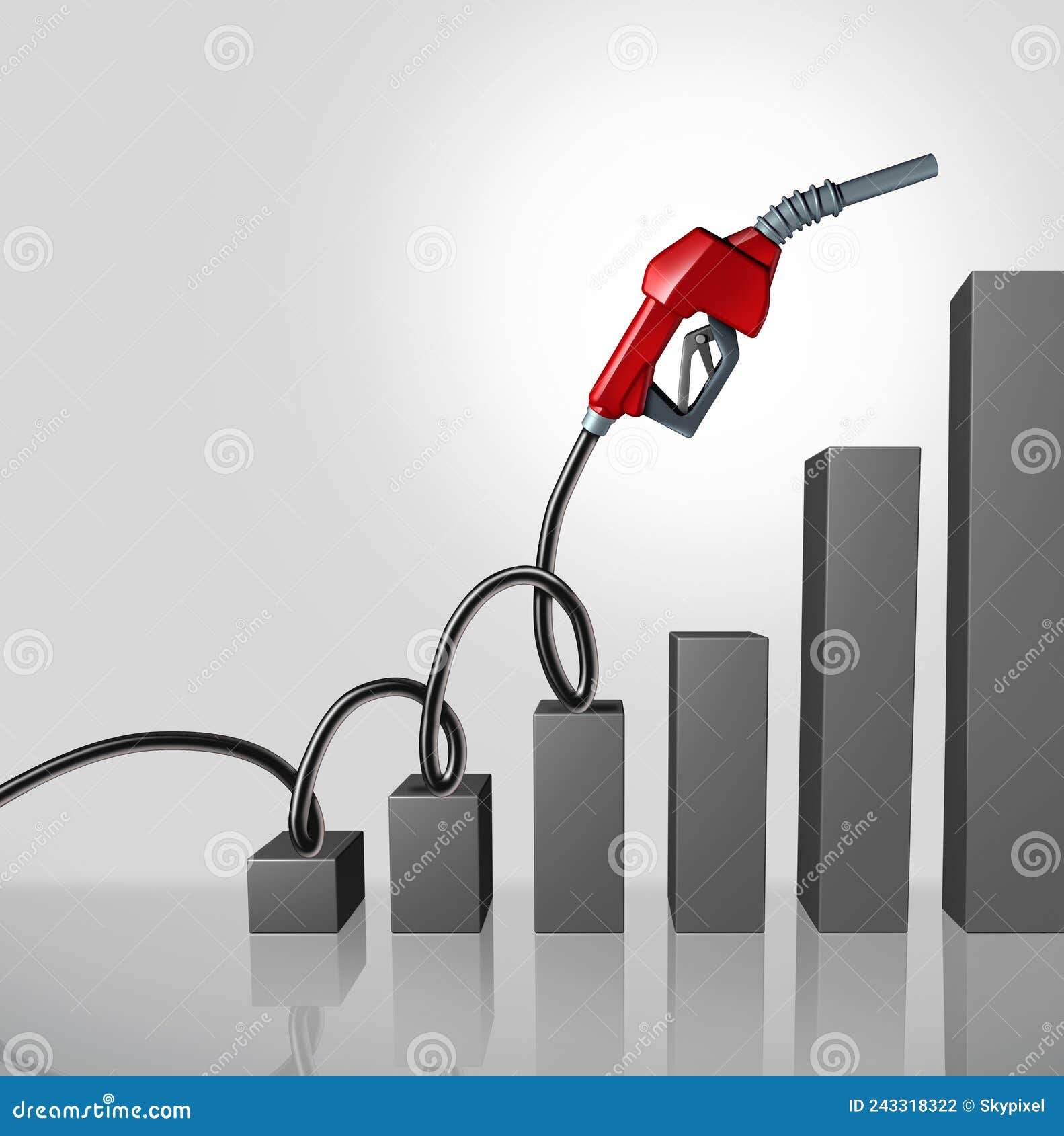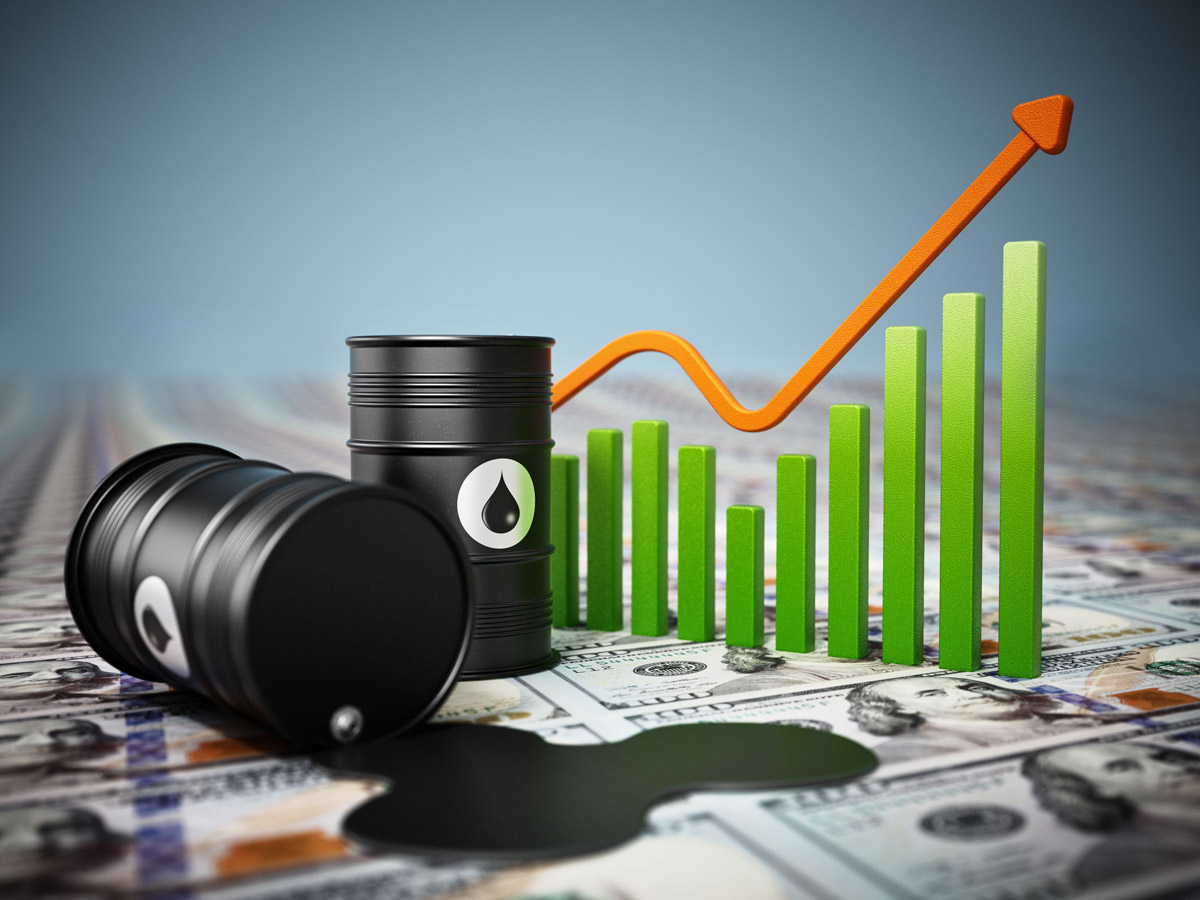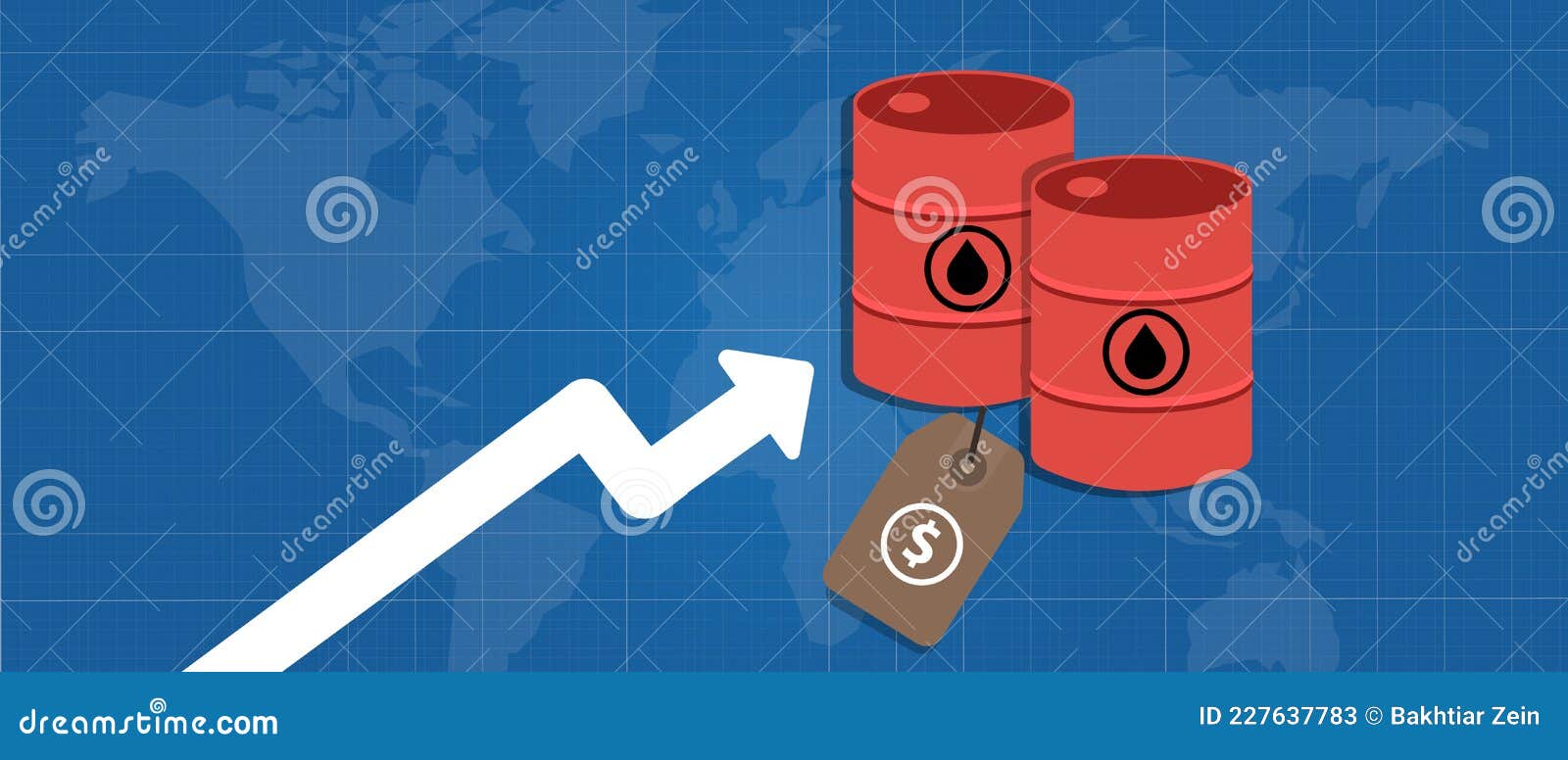Nigeria's Fuel Imports Skyrocket Amidst Local Refinery Challenges

Cost of Imported Petrol Jumps by ₦88 in Just One Week
Here's the scoop, folks: The price of imported petrol just got a whole lot steeper. According to data from the Major Energies Marketers Association of Nigeria (MOMAN), released on Wednesday, the cost of importing a litre of petrol has jumped by ₦88 in just seven days. Last week, it was sitting at ₦797 per litre, and now, it's climbed all the way to ₦885 per litre. That's a pretty hefty increase, and it's not exactly great news for consumers.
Market Fluctuations Driving Price Changes
Channels TV reported that MOMAN attributes this rise to the unpredictable nature of a deregulated market. In simpler terms, prices can swing up or down depending on global factors. The new landing cost of ₦885 per litre is now ₦25 higher than what end-users are paying for Dangote petrol, which is currently retailing at ₦860 per litre through MRS and other partners. It's a balancing act that marketers are finding increasingly challenging to manage.
Dangote Refinery: A Bright Spot Amid Rising Costs
Even with the rising costs, the Dangote refinery continues to offer a competitive price. Their ex-depot petrol rate remains at ₦815 per litre, which is a solid ₦70 less than the latest landing cost. This pricing strategy has been instrumental in keeping the overall pump price of petrol relatively stable. In fact, in recent weeks, the price of petrol has dipped to an average of ₦860 per litre, down from around ₦1,000 back in January. This decrease can be credited to the Dangote refinery's price cuts, which brought the landing cost down from ₦927 to below their ex-depot price. However, this move forced marketers to sell petrol at a loss, as they had to price it below their cost.
Read also:Top Casino Games With The Best Winning Odds
What's On the Horizon for Petrol Prices?
Now, here's where things get tricky. With the recent surge in landing costs and the ongoing dispute between the Dangote refinery and the Nigerian National Petroleum Company Limited (NNPC) over the naira-for-crude deal, it's pretty clear that petrol prices are likely to rise in the coming weeks. To make matters more complex, the Dangote Group announced last week that they would temporarily suspend petrol sales in naira. The reason? They want to avoid a mismatch between their sales proceeds and their crude oil procurement obligations, which are currently priced in US dollars.
The Fallout from the Naira Suspension
Following this announcement, the cost of loading petrol at private depots in Lagos has already shot up, increasing from ₦850 per litre to around ₦900 per litre. This is a significant jump that could further strain the already fragile fuel market. Meanwhile, the Nigerian Ports Authority (NPA) has reported that seven vessels carrying 115,000 metric tonnes (or 154.22 million litres) of Premium Motor Spirit (PMS) are expected to dock at various seaports across the country between March 17 and March 23, 2025. These vessels will arrive at the Tincan port in Lagos, the Lekki Deep Seaport in Lagos, and the Calabar port in Cross River State, aiming to bolster fuel supplies nationwide.
Dangote Refinery's Role in Crude Imports
Interestingly, the NPA document also revealed that the Dangote Refinery imported a staggering 654,766 metric tonnes of crude oil during the same period. This highlights their significant contribution to Nigeria's fuel supply chain. However, the naira-for-crude oil transaction framework has raised concerns among industry stakeholders. Olufemi Adewole, the Executive Secretary of the Depot and Petroleum Products Marketers Association of Nigeria (DAPPMA), has expressed worries about the risks this framework poses to Nigeria's foreign exchange stability.
The Risks of Using Naira for Crude Transactions
Adewole emphasized that crude oil transactions have traditionally been conducted in US dollars due to their global stability and acceptance. He warned that using the volatile naira for such transactions could potentially discourage foreign direct investment and harm Nigeria's economic stability. This is a crucial point to consider as the country navigates these complex challenges in its fuel sector. As we move forward, it will be essential to strike a balance between local production and international trade to ensure a stable and sustainable fuel supply for all Nigerians.
Rivers State Turmoil: Tinubu's Appointee Faces Legal Challenges Amid Political Storm
Eric Chelle Highlights Six Key Players For Super Eagles’ Crucial Match Against Zimbabwe
Atiku Vs Presidency: A Heated Exchange Over EFCC Allegations


